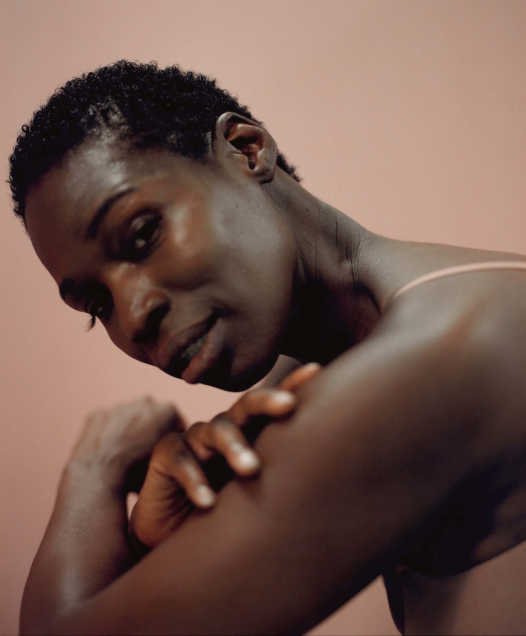Talking to your partner about your cycle
Why we’re pro discussing it all, not just the bit about your period.
As a young person, being in a relationship means sharing: space, meals, emotions, sometimes your toothbrush when it’s been misplaced (you’ve been there, right?). It also means sharing those slightly more intimate and vulnerable parts of yourself that feel uncomfortable. That could mean explaining your insecurities and anxieties; and for people with periods, it also can mean going further than the I’m-bleeding-this-is-what-I-need-from-you discussion.
Through sex education, we’ve been conditioned to think that discussing what’s going on during our monthly period is wrong or dirty or unnecessary. But since we go through this cycle a lot, it feels like it’s a pretty big deal. And if you’re dating someone who doesn’t have a period, it’s important for them to understand what body changes are happening to your body. Just like you would talk about your mental or physical health. Because menstrual blood, along with all of the menstrual products that go with it, is a part of who you are as a young person.
The same goes if you’re in a relationship with someone who also has a menstrual cycle. It’s crazy how much emphasis we place on periods instead of the bigger picture. Here is how to have the period talk with your partner. Have a chat when you’re feeling luteal (the new way of talking about PMS, ICYMI).
#1: Break It Down
They might be someone who only knows what a period is from word of mouth, or someone who is going through the same cycle as you. If you feel like you’ve got a bit of knowledge on menstrual health, start with the basics. You don’t need to go in headfirst and give them a reproductive health science lesson on the intricacies of hormones like what is estrogen the hormone, what is progesterone and WTF a prostaglandin is (but if you do, we’ve got Zoom Ins for that).
#2: Talk About How It Feels
Explain how menstruation or ovulation actually feels and each moment can help you if you’re experiencing any period pain, cramps or discomfort. But don’t just mention the challenges – explain the joys too. If you experience a higher sex drive during ovulation, tell them! If you actually love feeling all cozy during menstruation, let them know. Pyjamas and blankets and [insert favourite movie here] for three days? Sometimes it’s a vibe.
#3: Encourage Questions And Learn Together
Newsflash: you’re not going to know everything on the sex education topic and you can’t expect them to either. If they’re curious, give them the space to ask a question, even if they sound silly. And if you can’t answer, find time to look up the answer and share that information together.
Your hormones can be complex and unpredictable. That’s why we’re here, on The Regular, to do what’s long overdue - to demystify what’s going on with our reproductive systems, our hormones and our whole cycle.
We’re here to support your day-to-day queries serving useful content that is uncomplicated and unbiased. No topic is too complicated or too specific for us to address/focus on.


